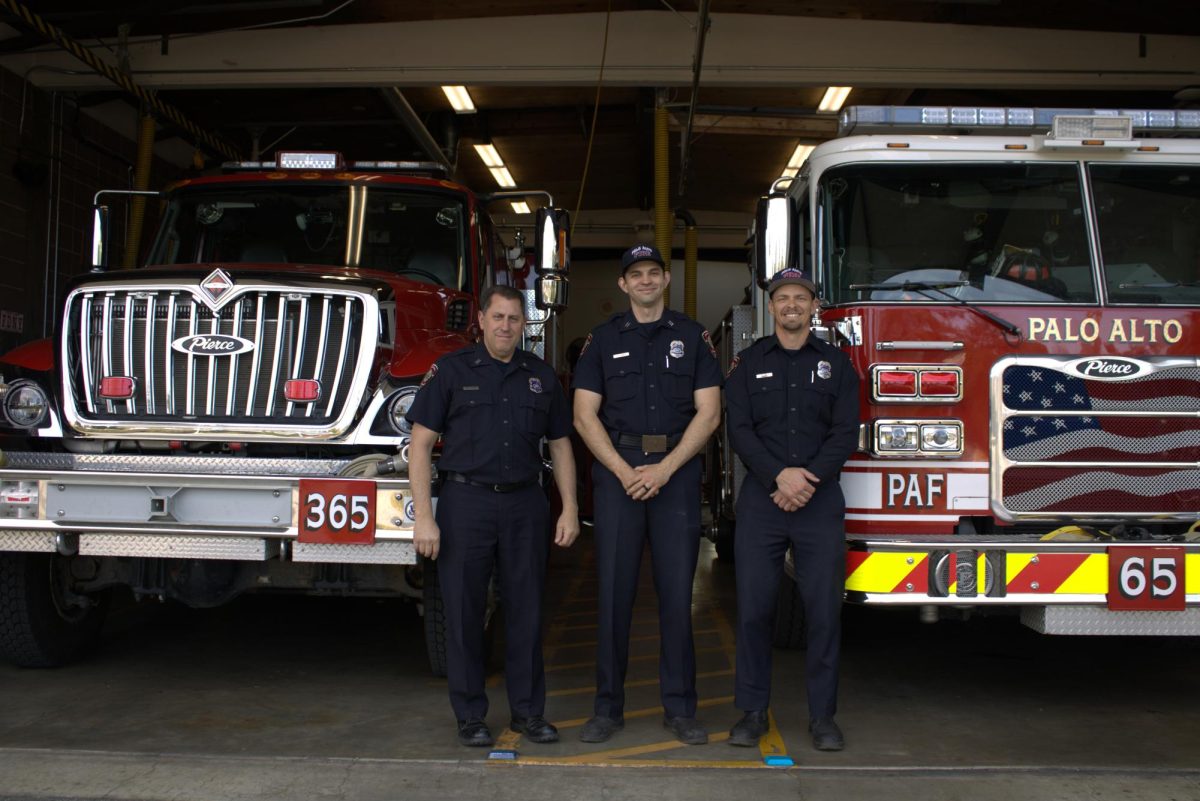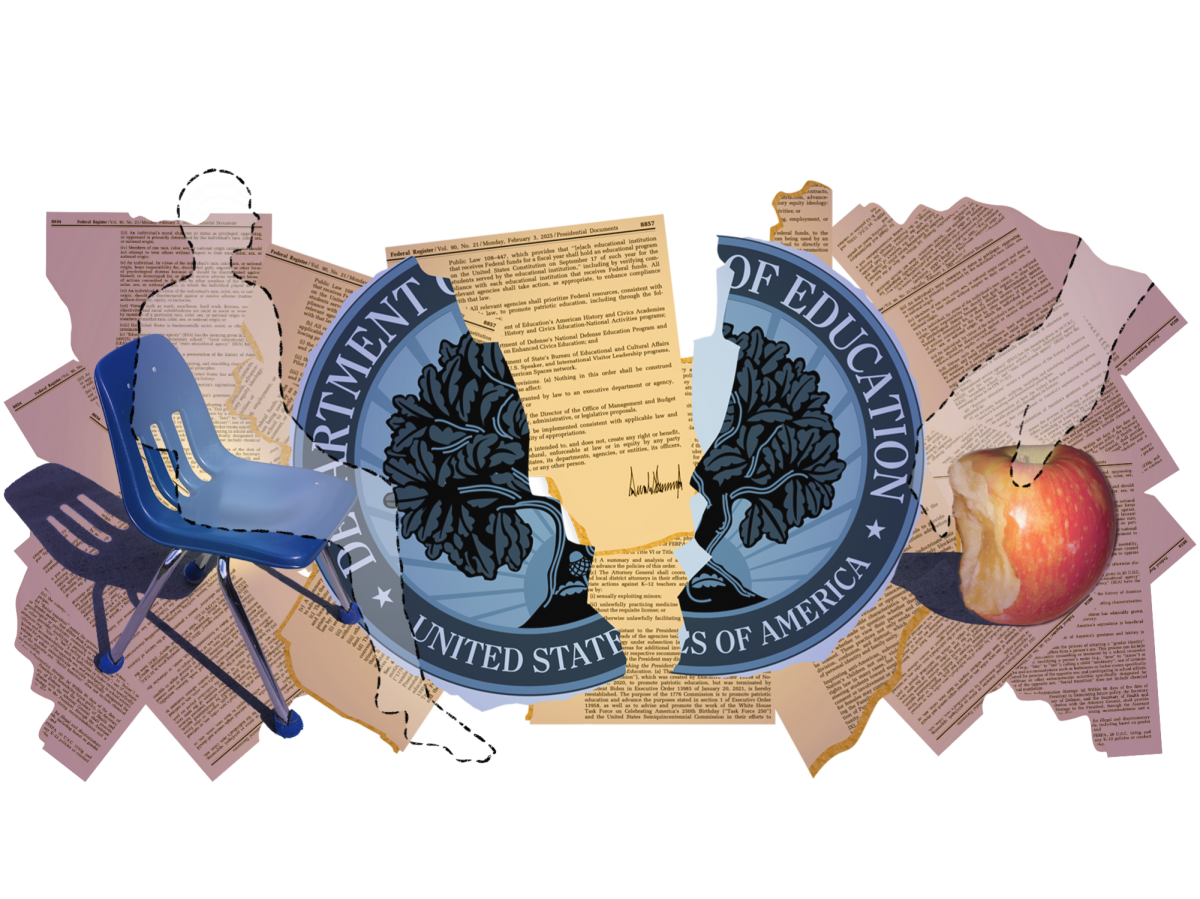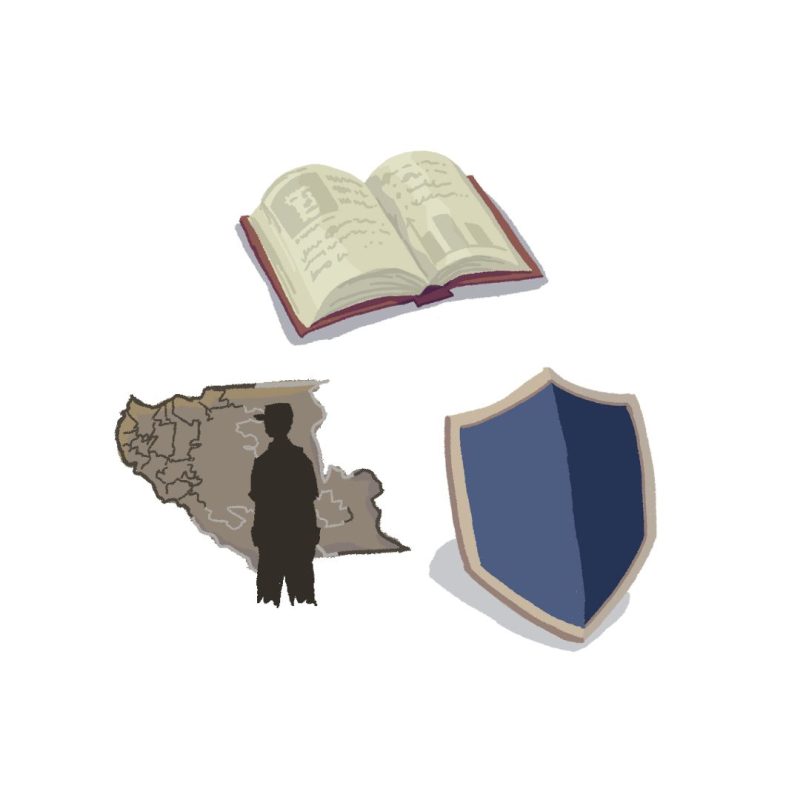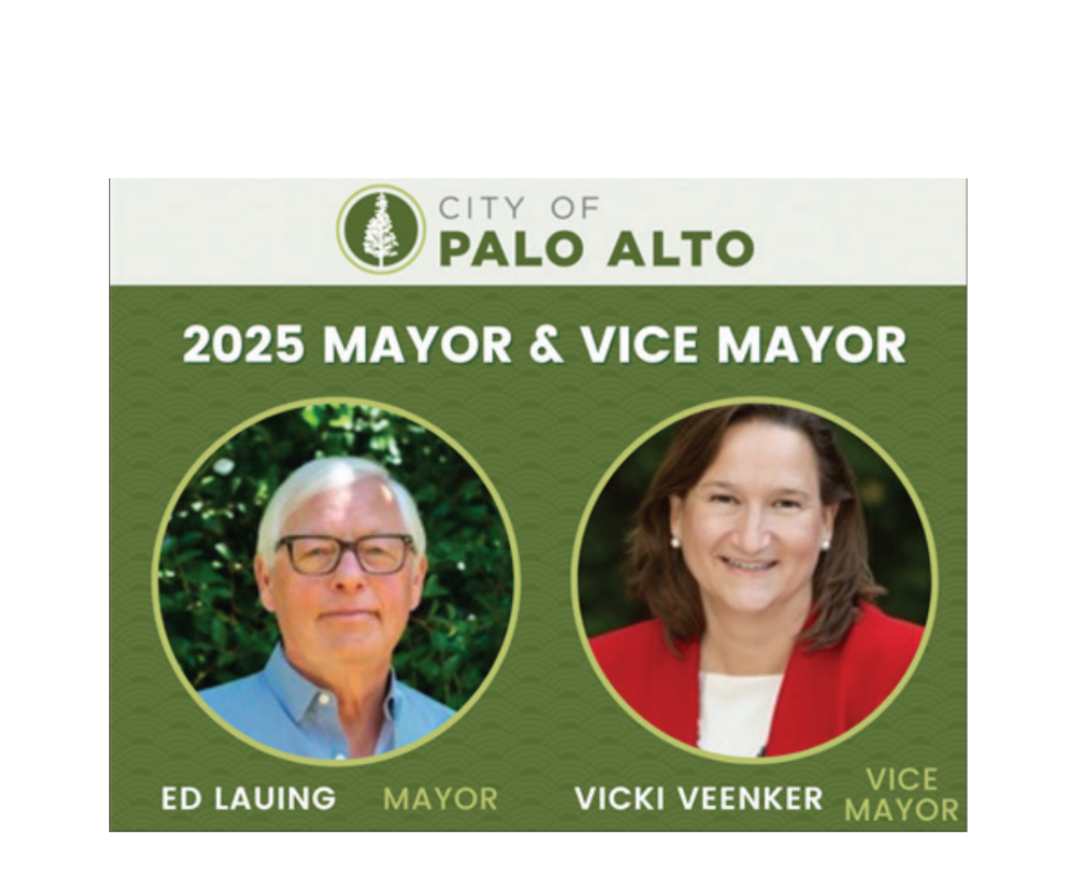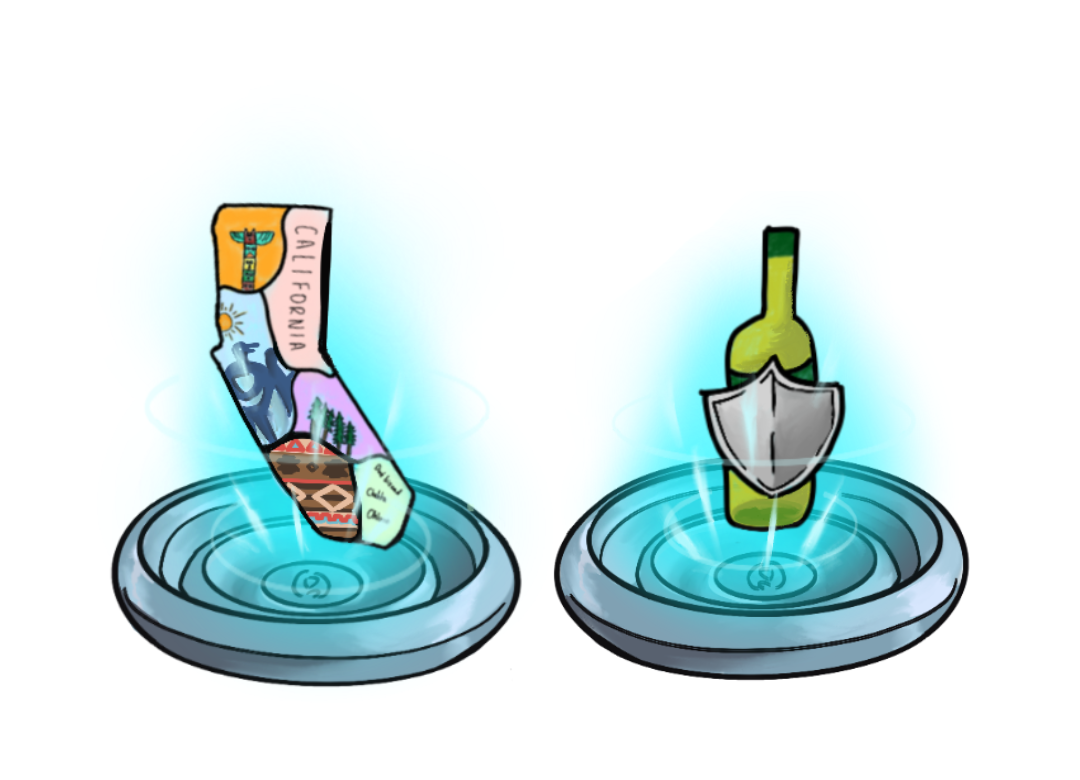Written by Elisa Moraes-Liu and Kristen Yee
A group of students, led by school board representative senior Advait Arun, have been campaigning since February for an increased number of advanced humanities classes, specifically the implementation of more social studies electives. They currently have multiple goals, one of which has made significant progress. Advanced Placement (AP) Human Geography has been proposed to the Palo Alto Unified School District (PAUSD) Board of Education, and the campaigning students are currently working to ensure the social studies department follows through in offering the course. The other goals include adding AP Comparative Government for the 2019-2020 school year, making sure students sign up for the additional courses, ensuring that PAUSD commits to reviewing social studies curriculum through a written resolution and pushing for any additional courses students express interest in on a survey they plan on sending out.
The students first voiced their discontent at a school board meeting on Feb. 13. After the meeting, they reached out to both Principal Kathie Laurence and PAUSD Chief Academic Officer for Secondary Education Sharon Ofek. The group is also currently speaking with Social Studies Department Instructional Supervisor Lynne Navarro to gain her insight and work with her in understanding the process of creating new courses.
The students came up with the idea to campaign for these classes during Model United Nations (MUN) meetings. “We all started ranting about how there weren’t enough humanities classes,” sophomore Claire Cheng said. “Our first idea was we should take this to the board, and after the board, we got more and more involved and we realized that it wasn’t so simple.”
Arun decided to take charge and has been leading the initiative. “He’s the student board [representative] and he knows a lot of ins and outs of how the school administration works,” Cheng said. “He was kind of the person who was like, ‘We should do something about it.’”
The students highlight the imbalance in advanced social studies classes when compared to other subject areas as the main problem. “I think there’s a clear discrepancy between what’s offered for science, technology, engineering and math (STEM) and what’s offered for humanities at an honors lane and show [to colleges] you are more passionate in STEM,” junior Ani Banerjee said in a meeting with Laurence on March 13, which The Oracle was invited to attend. These students have also expressed concern about the fact that Gunn does not offer many weighted history electives with an AP or honors title. Currently, there are five AP science courses, three AP math courses, two AP computer science courses and three AP social science courses. Additionally, there are three honors math courses, two honors science courses and one honors social studies course. There are no lanes for social studies courses offered for freshmen and sophomores, and the APs and honors courses currently offered are AP Economics, AP U.S. History, U.S. Foreign Policy Honors, AP Psychology and AP Art History.
The students are arguing strongly for change and are pushing for an increased number of weighted social studies courses. “Weighted courses would serve as differentiators for colleges, which is what a lot of us are looking for,” Banerjee said. “If you are more of a humanities- based person than STEM, you have less options to show that. With STEM, you can immediately from the get-go take an honors lane and show you are more passionate in STEM.”
Navarro, however, explained that the absence of lanes for freshmen and sophomores in social studies was a deliberate choice made by the department. The overarching goal is to put all students on the same page of learning amidst many other subjects that do lane. “We are very proud of the fact we don’t do any laning until junior year,” she said. The department is not considering offering AP U.S. Government and Politics because the unlaned version is already offered to sophomores.
Additionally, the students in the campiagn argue that offering a larger number of social science courses is essential to ensuring that PAUSD fulfills its mission of providing high-quality education to all and promoting multiple paths of success. “If we want to have equitable learning, we should make sure that social studies and STEM are given similar levels of resources,” Prabhakar said. “The culture of Silicon Valley already cements a pro-STEM bias, and the discrepancy in course offerings furthers this bias.”
Laurence, though supportive of the students’ cause, has raised a number of concerns. One that she expressed is that increasing the number of social studies AP courses may cause students to take on more APs and will ultimately contribute to student stress. “I think the more APs we offer, the more APs students need to take to have a very rigorous schedule,” Laurence said. “You can have a rigorous class that’s not an AP class because my view of rigorous is not workload, it’s depth of thinking.”
Navarro and the social studies department have also expressed similar concerns about adding more AP courses. “If we had concrete evidence that students would make choices about APs instead of just taking more APs we would be more interested,” Navarro said. “But our experience has been the more APs we add, the more they take.”
Navarro believes that the department would be more willing to increase the amount of AP social science courses if there was a limit to the number of APs students were able to take throughout their high school career. “If, for example, the district were to say you can take X number of APs while you’re in high school, then we would be more interested in offering more,” she said. “It has been my experience in discussions that we would be way more interested in having more [courses] if students would be forced to make choices instead of adding more.”
The group of students have upheld that instead of taking more APs, students would instead replace the ones they took only because they wanted the GPA boost with an advanced humanities course. “I mean, physically you could only take six APs, but if I add more APs I would just have to force myself to take some out. It really helps students to prioritize,” Cheng said.
Ofek’s current advice to the campaigning students is to start at the school level and work their way through the process. “The question is whether or not kids want to take [the courses], and if they don’t, figure out what root cause of it is and what is it [students] are looking for,” she said. “[Students should] have a constructive conversation with the school site, staff and administration about how to shift what’s being offered and engage in a conversation at the site, because that’s where the changes are going to have the most impact.”
The social studies department added more social studies electives in the past, such as California History and Cold War. Navarro recalls receiving positive student feedback about proposed electives only to see a low number of students actually sign up for the class. “There is some of frustration in the department because we have a lot of electives that aren’t running, then students are saying they want more electives,” Navarro said. “We have put a lot of energy into creating really interesting electives, but then students aren’t signing up for them because they don’t have the letters AP on the end of them.”
These courses, however, were popular in the past. Navarro points out that as courses such as AP Economics grow, there aren’t enough people to take electives such as Cold War. “Cold War ran for years, Holocaust ran for years, Far East history ran for years,” Navarro said. “It’s been a progression over the years; we started with one section of AP Economics and now we have 10.” According to Navarro, there aren’t enough students to take non-AP electives such as California History, causing them to stop being offered.
The campaigning students have refuted this point by citing that some electives are simply too focused on one subject, which is why they have low enrollment. “Some of the social studies electives on the catalog right now are interesting, but have a rather narrow scope, such as the Cold War,” Prabhakar said. “I love Russian history; I am a huge fan of Mikhail Gorbachev, but courses like the Cold War or Holocaust do not interest the entirety of the student population that is passionate about social studies.”
Another problem that both the students and administration have both pointed out is that an interested teacher is required to create a class. The process of adding a course—talking to the instructional supervisor, having the course presented to the department, getting it through the Instructional Council, Steering Committee, receiving final approval from the school board and even some external accreditation committees for courses like AP courses—cannot happen without substantial student interest and a teacher willing to teach the course.
Campaigning students are working to publicize their cause and have identified three teachers interested in teaching an additional course: social studies teacher Phil Lyons has expressed interest teaching an Economic Philosophy course, Navarro is interested in teaching an AP Human Geography course and social studies teacher Jeff Patrick has entertained the idea of teaching an AP United States Government class.
A campaign for similar causes also occurred in the 2016-2017 school year. The 2016 national election year, when combined with passionate student interest in international events, led a number of students to campaign for enrollment in the United States Foreign Policy Honors course. The campaign was successful, as this year there are currently two sections of the course running, and at least one section running next year. Social studies teacher Tara Firenzi is one of the instructors currently teaching it. “The elective had been on the books for a while, and it had just never gotten enough enrollment to actually [be offered], so because so many students signed up for it [the school board] needed a teacher,” she said. “I offered to teach it because it’s an area that I have a lot of interest in.”
The addition of AP Human Geography has been acknowledged by the Western Association of Schools and Colleges (WASC) visiting committee in their Mid-Cycle Progress Report. According to the report, the Social Studies Department has decided to begin the process of offering AP Human Geography for students as a course option in the 2018-2019 school year. Addressing the concerns by the administration regarding a possible increase in the number of APs taken by students, the report says that the department has decided that if the majority of students take the course in place of another AP instead of adding another one, they will continue to offer it. The Social Studies Department is currently working to create curriculum and identify a teacher willing to teach the course.
The Social Studies Department is currently in conversation about AP Comparative Government and the students hope that they will be able to ensure commitment from the department in offering this course.
The students are currently working on creating a draft resolution regarding social studies education to present to the School Board. The resolution, written primarily by Arun, addresses their concerns regarding the school districts behavior towards social studies courses in comparison to other areas primarily Computer Science courses. In the resolution, Arun addresses that the district has worked on reevaluating and expanding the computer science curriculum, while not doing the same for Social Studies courses in the recent years. The resolution points out that the district has created a Computer Science committee, but has shown no similar action regarding Social Studies. The aims of the resolution are to ensure the school district to accommodates interests of all students and hopes to get tangible PAUSD commitment in reviewing social studies courses.
The students are heeding feedback from different parties and are currently working to extend their outreach to students and teachers. They are planning to go teacher-to-teacher in the social studies department in order to gather support for their resolution, as well as talking with Student executive council to gather student support and communicating with Palo Alto High School to spread the word. If the resolution is approved by the agenda setting committee, it will be presented to the PAUSD Board of Education on April 24th.




